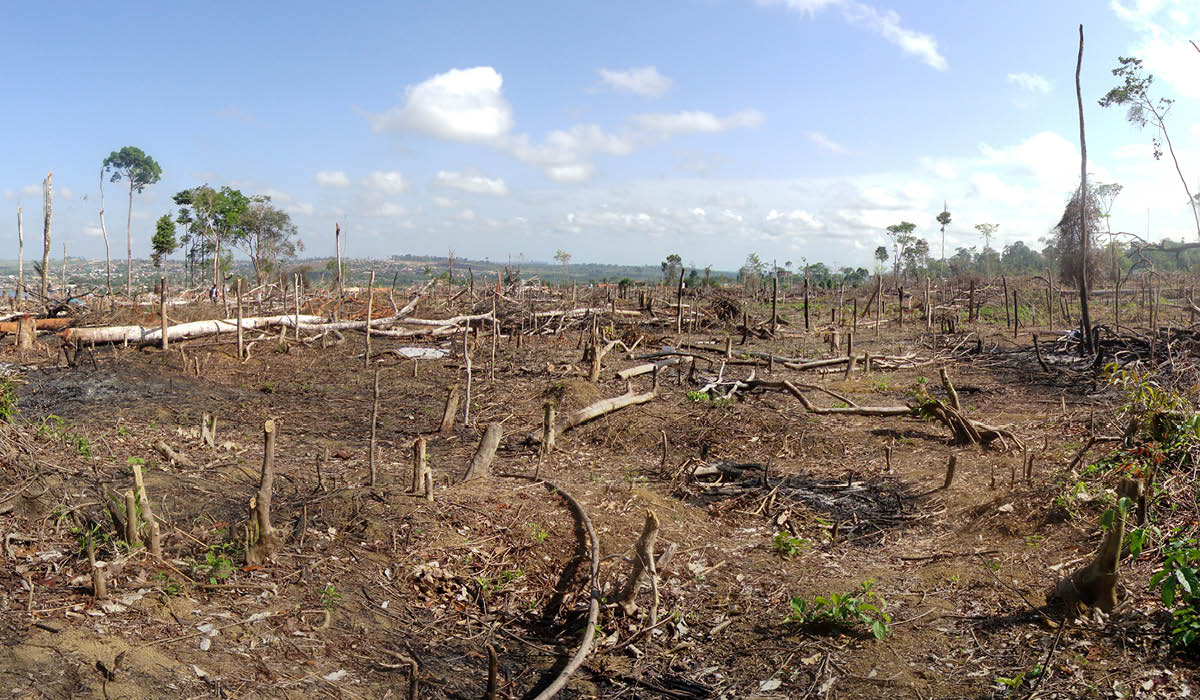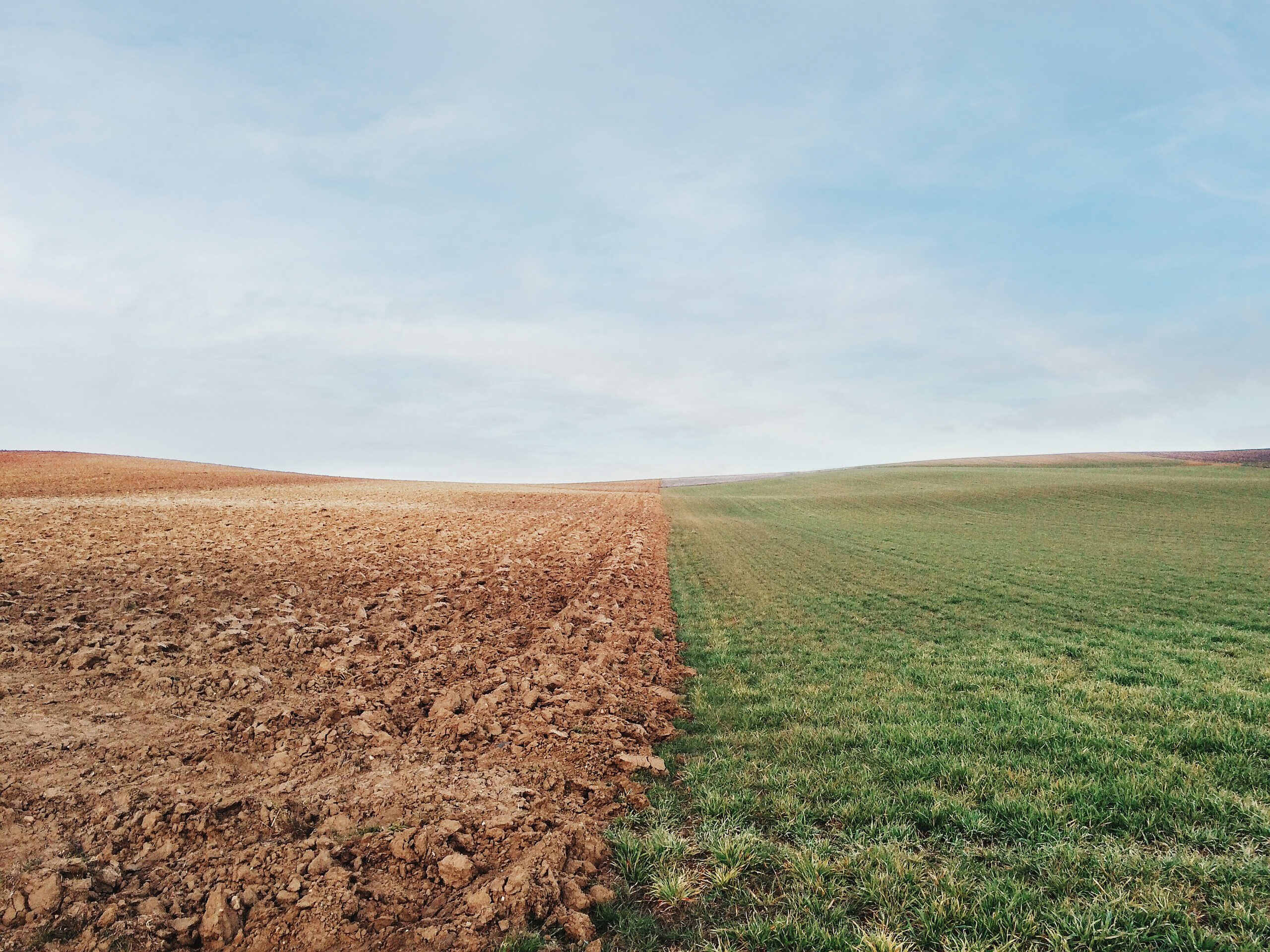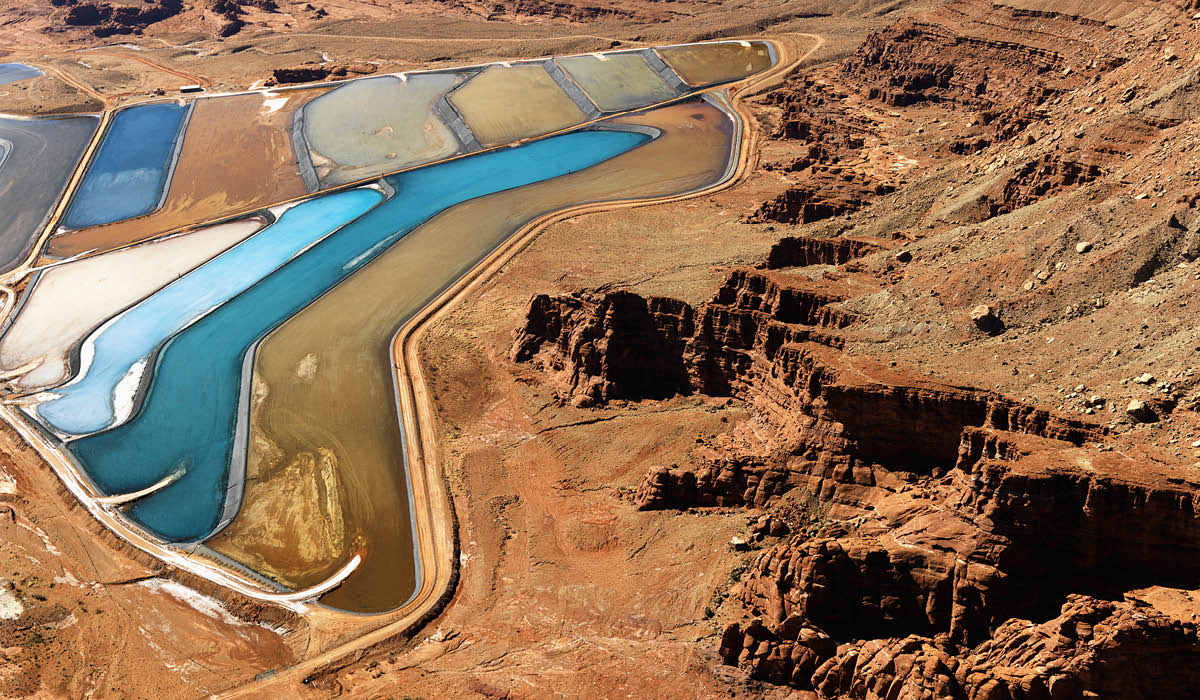From 2019 annual report
Deforestation in the Brazilian Amazon declined in the mid-2000s due to government interventions and efforts by civil society, resulting in the agreement known as the Amazon Soy Moratorium (ASM) in 2006 and the Brazilian Forest Code (FC), which was revised in 2012. The Council is currently focusing on two connected sectors, soy production and cattle farming, with the aim to secure that products from illegally deforested parts of the Amazon do not end up in the supply chains of meat companies like JBS or agricultural companies like Bunge or ArcherDaniel Midlands. This is however only part of the challenge for the Amazon going forward, with illegal mining, sugarcane and palmoil plantations and more driving deforestation. Without strong legislative backing to safeguard the Amazon, efforts by other stakeholders will struggle to have an impact.
Achieving responsible cattle ranching around the Amazon a challenge for JBS
Some cattle are born, raised and reared on the same farm, these are called direct suppliers or full cycle farms. But some cattle pass through numerous ranches or indirect suppliers – before slaughter, with some specialising on fattening, others in rearing. It is the indirect suppliers which is proving to be a serious challenge for JBS and other meat companies.
In engagement with the Council, JBS explained that it has tightened controls and has actively cut out suppliers that operate in areas embargoed by IBAMA, the Brazilian Ministry of the Environment’s administrative arm. JBS also referred to its zero-deforestation policy as well as a private-sector supplier monitoring system that uses satellite images, geo-referenced data on cattle supplier farms and information publicly available from government agencies to block suppliers that do not comply with its policy. The JBS Amazon monitoring system assesses more than 50,000 farms every day and the company has blocked more than 8,000 supplying farms due to non-compliance.
JBS are working with different systems to monitor and control its indirect supply chains. Animal Transit Forms are currently not public by law, but the company would like them to be in order to trace the cattle. Other options looked at are systems to reward cattle raisers that supply a transparent and trustworthy history of the cattle.
During 2020, the Council will continue to work with JBS in order to establish wether there are any reasonable ways to secure that indirect supplies are monitored and controlled in an effeiceint manner. The Council is already in a time-limited engagement with JBS due to corruption and labour rights violations, particularly in health and safety (H&S). The company has developed good procedures in regards to anti-corruption and whistleblowing and to some extent to H&S. The Council will continue also this part of the dialogue in 2020 and will then evaluate its implementation.
Soytraders are under pressure
During 2019, the Council also continued its engagement with Bunge, a major agricultural commodity trader. Bunge continues to support the Amazon Soy Moratorium. According to Bunge, 177 soybean growers remain disqualified because of non-compliance with the Moratorium. The company has committed to eliminating deforestation in its supply chain between 2020 and 2025. Bunge has been implementing a three-phase approach to improve the traceability of its soy supply in South America. Phase 1 targeted the highest-priority regions, where agricultural expansion has been most prevalent in recent years. Phases 2 and 3 expanded data collection across a larger portion of the Cerrado region. The company has also strengthened its non-compliance mechanisms which led Bunge to suspend nine farms that did not stay in line with the company’s policy. The Council expects Bunge to fully implement the time-bound zero deforestation policy and encourages more open public disclosure on the progress of the policy implementation.
The Council has also intiated engagement with Archer Daniels Midland (ADM). ADM has signed the Soy Moratorium, making a commitment not to purchase soy grown in newly deforested areas in the Amazonas defined by INPE (the Brazilian National Space Research Institute). The INPE data of newly deforested areas is publically available. Every year, a third-party auditor confirms that the company is in compliance. The Council will continue the dialogues in 2020.
Safeguarding the Amazon through the Amazon Soy Moratorium
Brazil is one of the world’s major producers of soy. In 2006, a vital agreement known as the Amazon Soy Moratorium (ASM) was established to ensure that soy production in the Amazon region only occurs on existing agricultural land. The Soy Moratorium brought together businesses, associations, NGOs, and the Brazilian government with the commitment to voluntarily refrain from farming soybeans in deforested areas of the Amazon biome.
Since then, soy production in the Amazon has increased, showing that forest protection and agricultural expansion can be compatible. Prior to the ASM, between 2001 and 2006, soy production in the Brazilian Amazon expanded by 1 million hectares, contributing to record deforestation rates. Since its implementation, deforestation from soy in the Amazon decreased from 30% to less than 1.5%, while at the same time, production of soy in the Amazon increased by 400% compared to 2006 (through using existing agricultural land).
The Brazilian Forest Code (FC), which was revised in 2012 is an example of regulation that aims to balance forest protection with economic development. However, according to recent Brazilian Government data published in November 2019, since 2012, deforestation in the Amazon increased by 114%, from 460 thousand hectares to almost 1 million hectares. Given global demand for soy the forecasted (4% annual growth), the Amazon Soy Moratorium is clearly necessary to complement the FC by supporting soy expansion only on existing agricultural land. While soy produced in the Amazon is only around 10% of Brazil’s total soy production, the ASM provides reputational benefits for the whole Brazilian soy sector.
Background facts
Company: JBS
Region: South America
Topic: Deforestation, Corruption, Health & Safety
Company: Bunge
Region: South America
Topic: Deforestation
Company: Archer Daniels Midland
Region: South America
Topic: Deforestation




